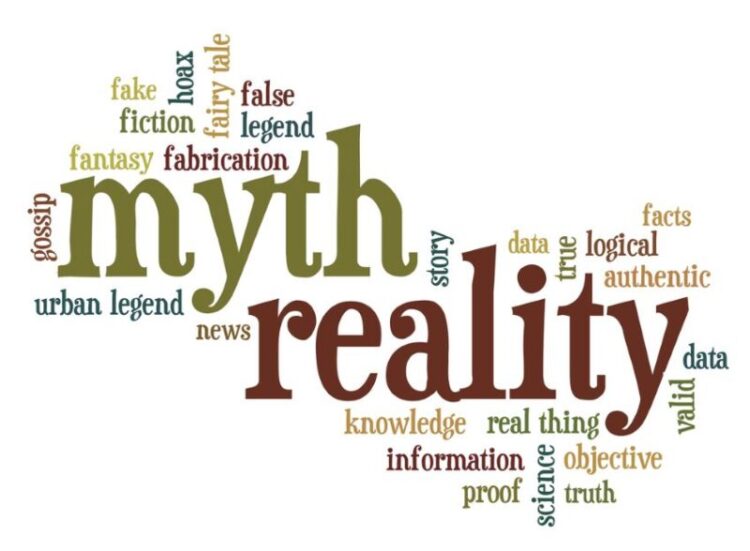
“Pass the MSG: Monosodium glutamate is just sodium and the amino acid glutamate, which is found in nature. Yet even after scientists have debunked MSG’s supposed health effects, the stigma persists.”
That’s the lead-in paragraph from a recent article dissecting MSG myths, published in Discover magazine.
Published in Discover, December 30, 2020
Author: Leslie Nemo, health writer
More direct quotes from this article:
“Americans likely know MSG best as a component of Chinese food. It also has an unfounded reputation for causing headaches, weakness or numbness after eating dishes seasoned with it. But not only has research failed to connect MSG to any ill symptoms or health problems, the flavor agent is also one of the most widely-consumed food additives around. MSG is a staple ingredient in commercially produced soups, chips, crackers — anything that can benefit from a punch of savoriness.”
“Research hasn’t backed up claims that physical symptoms develop after eating MSG. Study participants given MSG or a placebo capsule are typically just as likely to get headaches or numbness, no matter which one they consumed. And these vague symptoms seem to stem from a range of foods.”
“Some of the world’s largest food safety governing bodies have approved the ingredient, too. The FDA considers MSG to be ‘generally recognized as safe.’ Many other organizations have decided the same, including JECFA, an international scientific committee administered jointly by the Food and Agriculture Organization of the United Nations and World Health Organization.”
Read the full article here.

